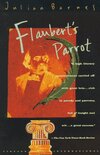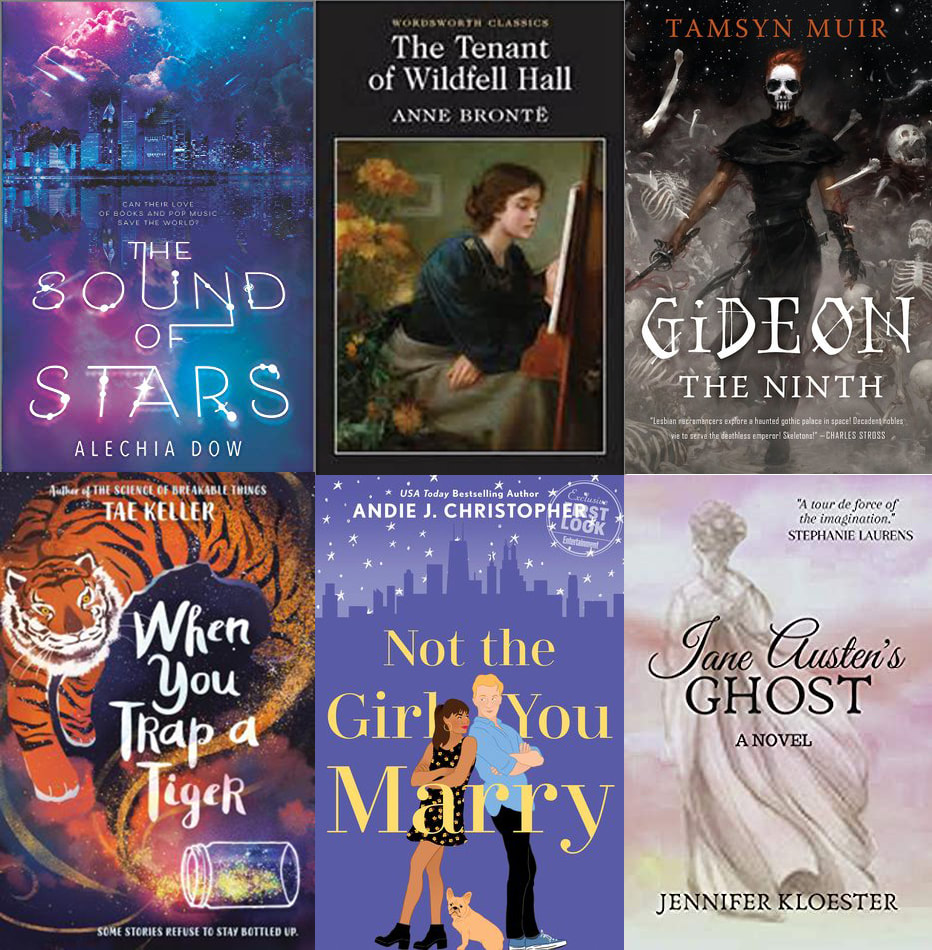
The story follows George Braithwaite, retired doctor, widower, and Gustave Flaubert obsessive. There is not really a plot line and each chapter has a different format, but what we get is an introspective look at the life of the famous Flaubert and insight into why Braithwaite is obsessed with him. Which, turns out, is fascinating. During the conversation, for that’s what it feels like, Braithwaite talks about irony, art imitating life and vice versa, whether or not a work of art should be viewed through the lens of the artist’s life.
It’s been years since I underlined so many passages in a book. There were some wonderfully clever insights into book lovers and about mourning. The idea of viewing art through the lens of an artist’s life is one that I think a lot about—especially when we find out that so many creatives have histories of being horrible.
But the following passage about whether or not mistakes in a work of fiction matter really intrigued me:
“’Does it matter?’ As far as I can remember Professor Ricks’s lecture, his argument was that if the factual side of literature becomes unreliable, then ploys such as irony and fantasy become much harder to use. If you don’t know what’s true, or what’s meant to be true, then the value of what isn’t true, or what’s meant to be true, then the value of what isn’t true, or isn’t meant to be true, becomes diminished. This seems to me a very sound argument; though I do wonder to how many cases of literary mistake it actually applies.”
This is an internal struggle I have. I tend to notice mistakes. Mistakes like the time not adding up correctly or ages not matching or clothing changes when there was no opportunity or people not in the room when they were a paragraph before. I try to let these mistakes go and sometimes I can, but if they build up enough then it really colors my appreciation of the story. In the quote above, George is trying to understand if it matters or not that Flaubert, in Madame Bovary, gives three different eye colors for the heroine.
I read a book recently that I wanted to like but the mistakes were so blatant that by the time I found a mistake in the crux of the story, I just couldn’t like the book, as nice as it was. The book takes place in Larchmont—a subsection of Los Angeles. The author kept referring to the area as East LA, which by no definition could it be. It’s firmly in midtown. The author also called the West Side, everything west of the 405 freeway. Again, untrue. The author then referred to Cal Arts as being in Pasadena. As a Pasadena resident, this was particularly annoying as it’s the Art Center of Design here. Cal Arts is north, in Valencia.
So when we got to the part of the book where the heroine will remeet her soon-to-be lover and the fantasy the author was relying on to make it happen seemed unrealistic, I couldn’t overlook the machinations of it.
As the quote states: “If the factual side of literature becomes unreliable, then ploys such as irony and fantasy [or the meet cute] become harder to use.”
I feel like the mistakes earlier in the book should have been caught in editing and proofreading (especially the one about Cal Arts), so that just makes it harder to overlook them. I know that this says more about me than the book, but if you can’t rely on the factual stuff being true then how can you rely on the imaginative parts being authentic?


